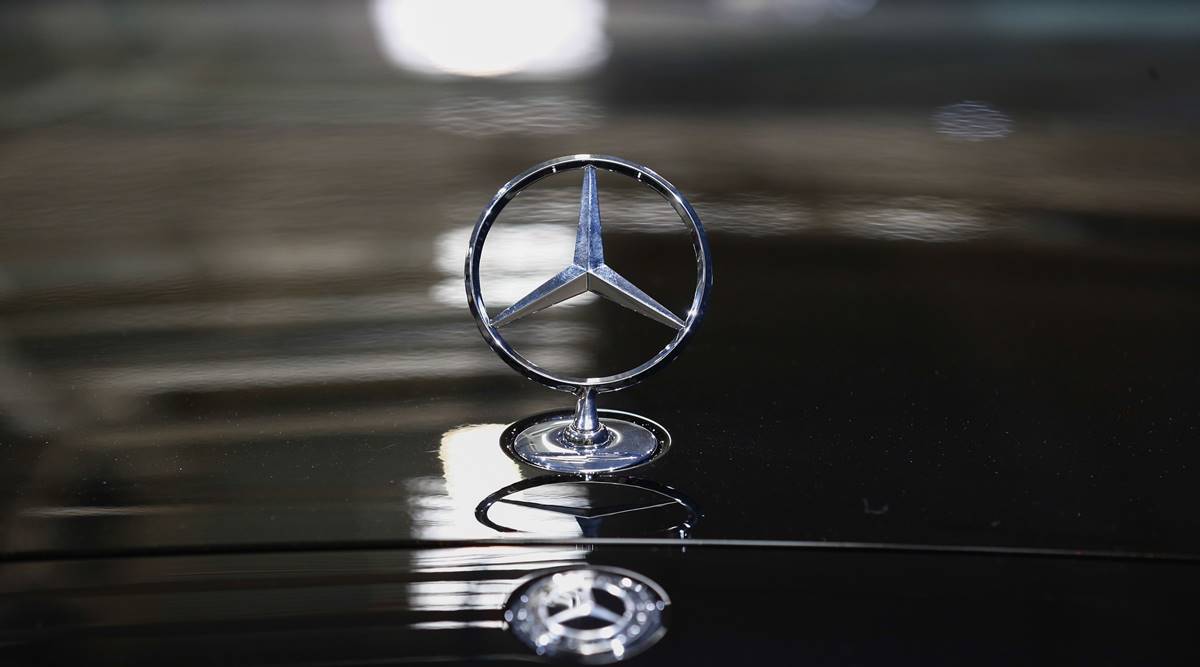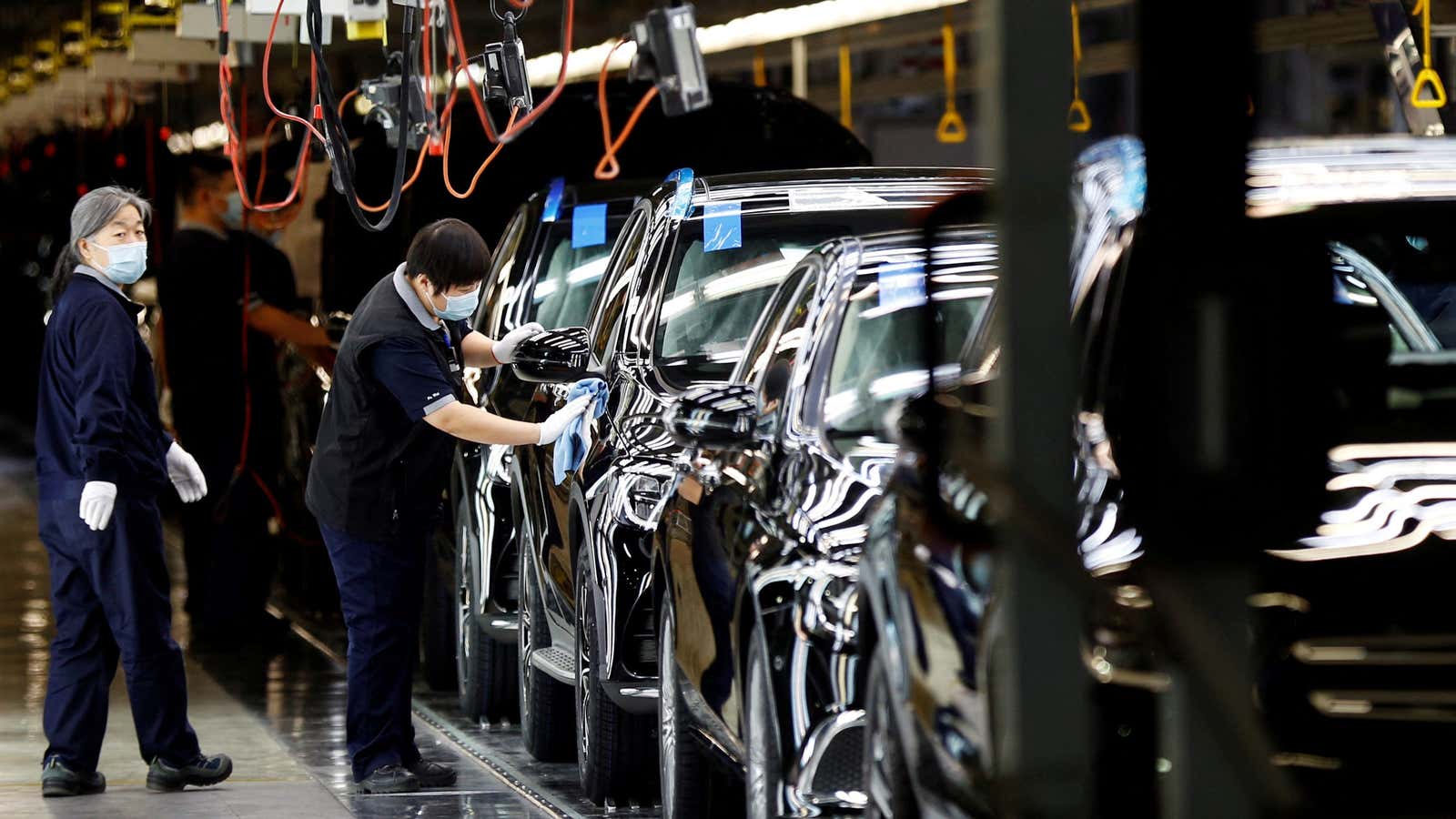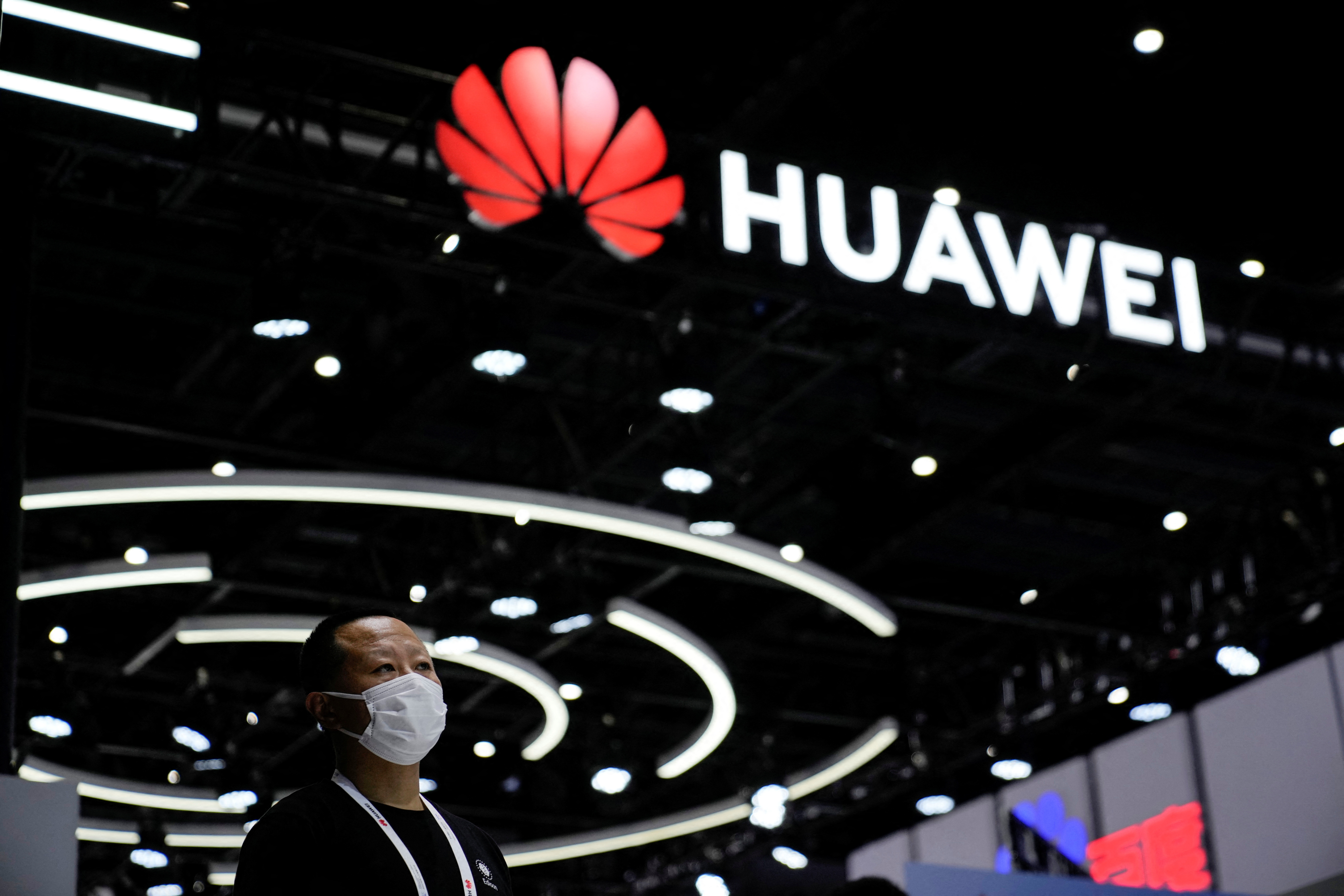Mercedes-Benz CEO: Cutting Ties With China ‘Unthinkable’
The notion of severing economic ties with China is deemed impractical, as per the CEO of the high-end automotive brand Mercedes-Benz, and such a move would pose a significant threat to the majority of Germany's industrial sector.

The notion of severing economic ties with China is deemed impractical, as per the CEO of the high-end automotive brand Mercedes-Benz, and such a move would pose a significant threat to the majority of Germany’s industrial sector.
In light of the COVID-19 pandemic disruptions and the Ukraine crisis, Europe is striving to reduce its dependence on China, as these events have highlighted the hazards of relying on a handful of dominant suppliers and the precariousness of supply chains.

Ola Kaellenius stated that severing ties with China, which holds the position of the world’s second-largest economy, would be an implausible scenario for the majority of German industry. It’s worth noting that China, following the US, holds the second-highest position in the global economic ranking. Furthermore, the Chinese market constitutes a significant 37% of Mercedes’ worldwide sales, making it the corporation’s primary market.
The once unimaginable now appears to be almost certain, as China’s relations with the United States and its key allies continue to worsen. Numerous European leaders are exploring alternative approaches to take a tougher stance against China, given Beijing’s connections with Vladimir Putin, the imposition of US sanctions on Chinese businesses, the intimidating posturing towards Taiwan, and the government’s oppressive control over its own citizens.

Chinese companies such as ByteDance, Huawei, and Hikvision pose a potential national security risk to their supposed trading allies. This reasoning has been cited by legislators in several countries including the US, UK, and Australia, as a basis for implementing sanctions and increasing trade tensions with China. As a result, countries like the Netherlands, Italy, and Germany are turning towards the United States to exert their influence when it comes to export and investment limitations concerning China.

During the pandemic, the fragility of the supply chain was exposed, and Daimler AG CEO Ola Källenius commented on the industry’s excessive dependence on China for certain materials, such as lithium, which is utilized in the production of electric vehicle batteries. However, he expressed that attempting to separate from China is an unrealistic and unfavourable proposition.

Källenius emphasized that the United States, China, and Europe are the leading players in the global economy and have intricate interconnections, making it nonsensical to try to disentangle from China. Given that China is the largest auto market in the world, German automakers such as Mercedes-Benz have a considerable stake in the Chinese market, with Beijing Automotive Group Co Ltd. and Geely Chairman Li Shufu being among their major stockholders.

According to data from 2022, China accounted for 37% of Mercedes-Benz’s car sales and generated 18% of the company’s revenue. CEO Kaellenius expressed optimism about the potential for continued expansion in this market, citing the ongoing growth of sales in China. In particular, Kaellenius noted that the country’s more affluent citizens had amassed significant savings during a period of economic growth, which he believes may translate into increased purchasing power for the brand. As such, Mercedes-Benz is hopeful that it will be able to leverage this trend to its advantage and capture a greater share of the Chinese market in the future.
The extent to which Mercedes Benz, a prominent automobile manufacturer headquartered in Germany, can lessen its dependence on China largely hinges on the availability of resources. Despite the existence of potential substitutes for the goods and services supplied by China, the country’s dominance in the supply chain and its role as a major market for finished products confer a comparative advantage. As previously stated, CEO Kaellenius has expressed interest in increasing the brand’s presence in the Chinese market and anticipates sales growth in the years ahead. Therefore, severing ties with China would not be a wise decision for the automaker.
Proofread & Published By Naveenika Chauhan



